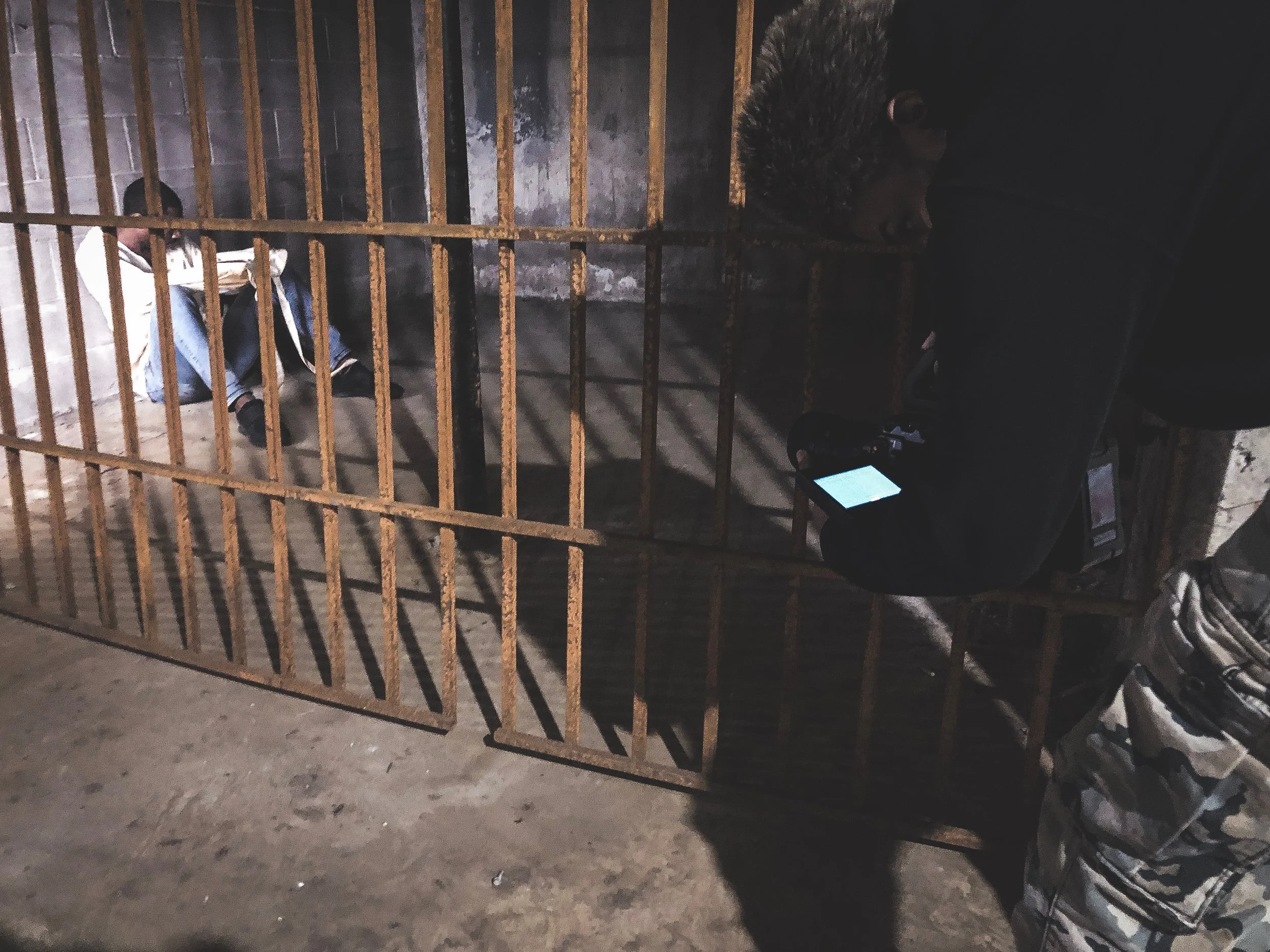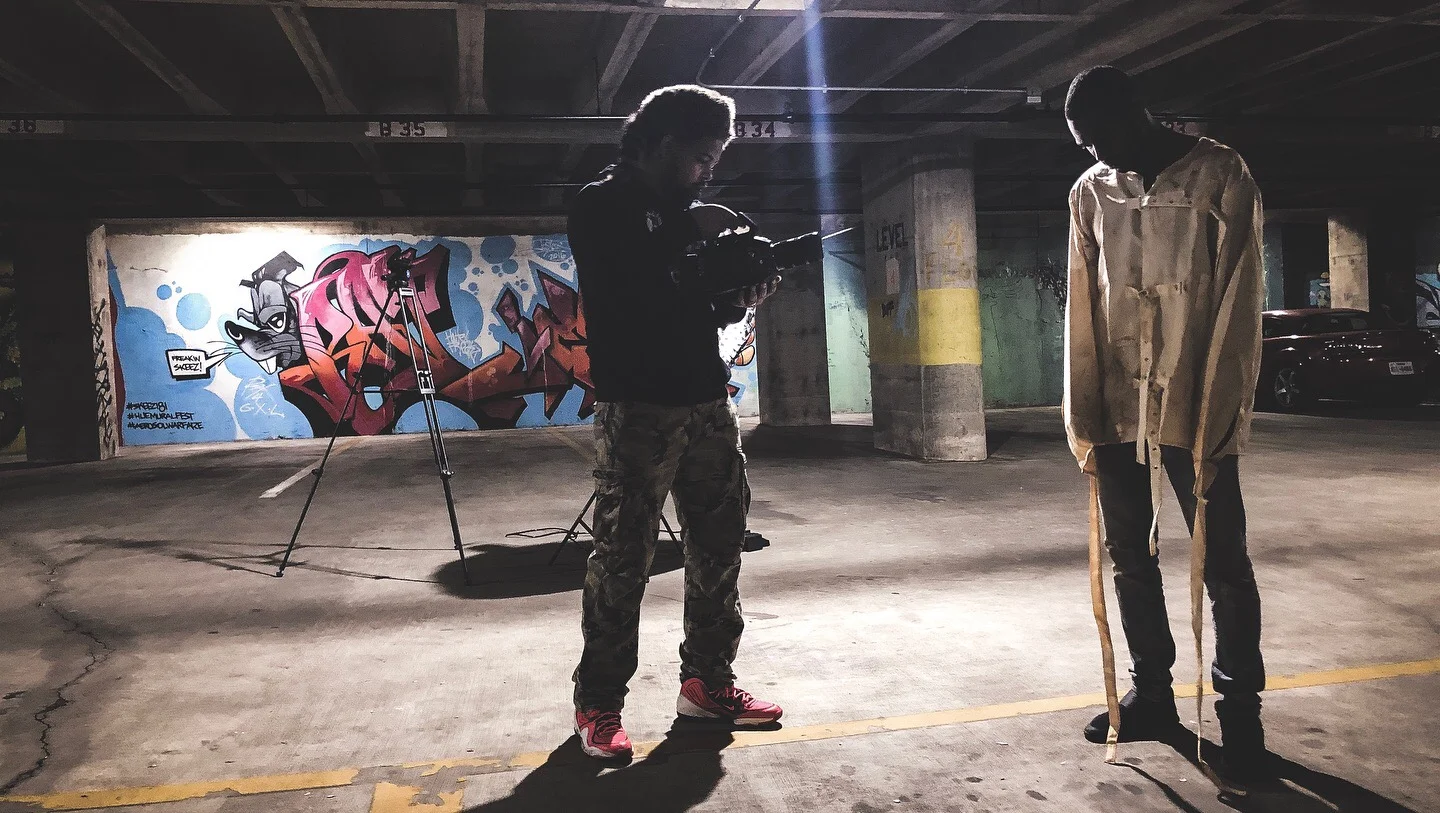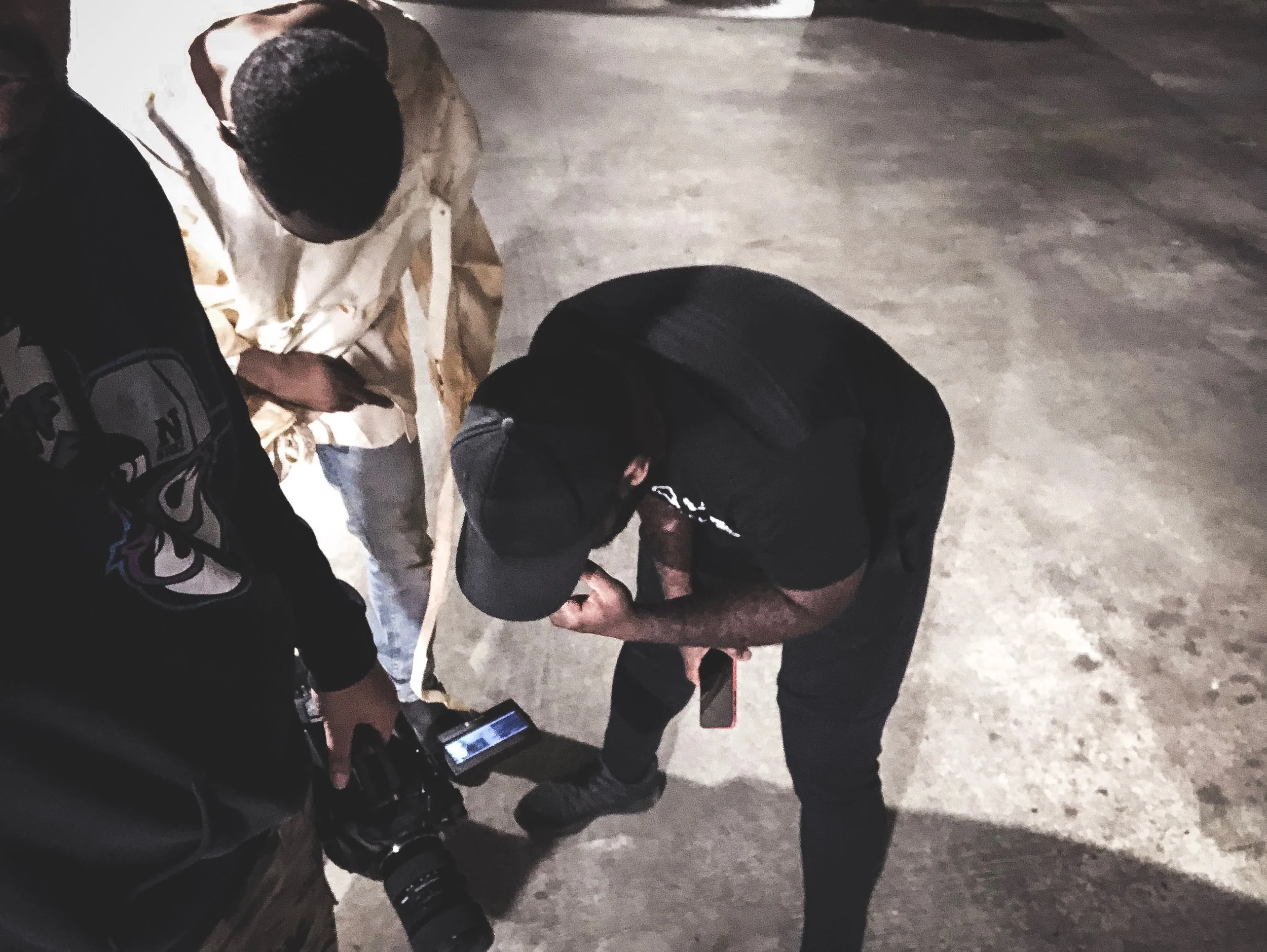“To be a Negro in this country and to be relatively conscious is to be in a rage almost all the time.”
Every person of minority, if they’re on this earth long enough, will eventually have their “woke” moment. It’s the moment the scales drop from their eyes and the sound of glass shattering can be heard as the illusions they have seen their whole life crumble in front of them. All that is left is the reality of the situation. “You wanted it to be one way, but it’s the other way” and it’s been so all along. It’s a humbling moment that makes you hyper-aware of all the injustices around you. I’ve heard Bomani Jones, refer to Hurricane Katrina as his moment because of the government’s approach at the time to “helping” the people of Louisiana. For the past few years, I’ve referred to mine as the deaths (murders) of Trayvon Martin (2012) and Mike Brown (2014) and the ways both young men were treated by the court systems as well as the court of public opinion after their deaths.
Chimamanda Ngozi Adichie, the great Nigerian author said, “I became black in America”. Because racism in the States isn’t what you saw in movies or old documentaries growing up; it’s not just the random faceless person telling you to “go back to where you came from, nigger”. It’s much deeper than that. These problems are so ingrained into the very fabric of society that it’s difficult to see them for what they are. It is why people are quick to defend the nature of a system that maintains the power structure among Americans. It protects them and maintains the status quo. It explains how there can be a police force that’s been infiltrated by white supremacists using their power to carry out their agendas. It’s why some minorities are unaware of the transgressions against them that occur daily. They view racism as open acts of hatred and prejudice rather than covert systems, practices, and laws that target minorities or heavily favor the “majority”. However, it’s those moments that wake you up to and make us increasingly aware of the transgressions and acts of aggression that we might have been dismissive of before.
Photography by Francis Bassey
My friend, Dishon, told me of an experience he had in Austin, Texas, a while ago - It was this experience that inspired RACISM W/O RACISTS. While out partying on 6th Street, he saw a fight break out between groups of white guys. Naturally, the cops came through to stop the commotion but ended up putting a random black guy that just happened to be walking by in handcuffs. The crazy thing about this situation was that, from Dishon’s point of view, the black kid was purposefully walking away from the fight, almost like he knew he was going to be associated with it. Maybe you could say he knew what would happen to him if he stayed behind. Yet, he didn’t get accosted and arrested until he was fully away from the fight. Dishon described to me a feeling of anger and helplessness that I recognize all too well because videos of experiences like that became mainstream over the last few years. No one intervened, even though they knew what was happening in front of them was wrong. People in authority abusing their power with actions or inactions and ignoring the cries of black people because they can is nothing new yet still frustrating. Whether it’s the local police officer or the former president of a certain Midwest University. It’s feeling like you’re trapped, and isolated despite being surrounded by people; like you’re screaming out loud to be heard yet everyone is ignoring you. No one wants to hear you complain about being a victim. No one wants to take your grievances seriously. You’re shouting into the void knowing that the only people that can appreciate your state of mind are those who are suffering alongside you.
Photography by Afolabi Mosuro
Photography by Afolabi Mosuro
Photography by Afolabi Mosuro
Photography by Afolabi Mosuro
Photography by Afolabi Mosuro
To the wonderful people who came together to make magic happen, thanks: Jon Conner (cinematographer), Francis Bassey (photographer), Afolabi Mosuro (photographer/producer/director), Dishon Isaac (actor), Kika Anazia (writer) and Abel Tamrat (production/idea consultant)











